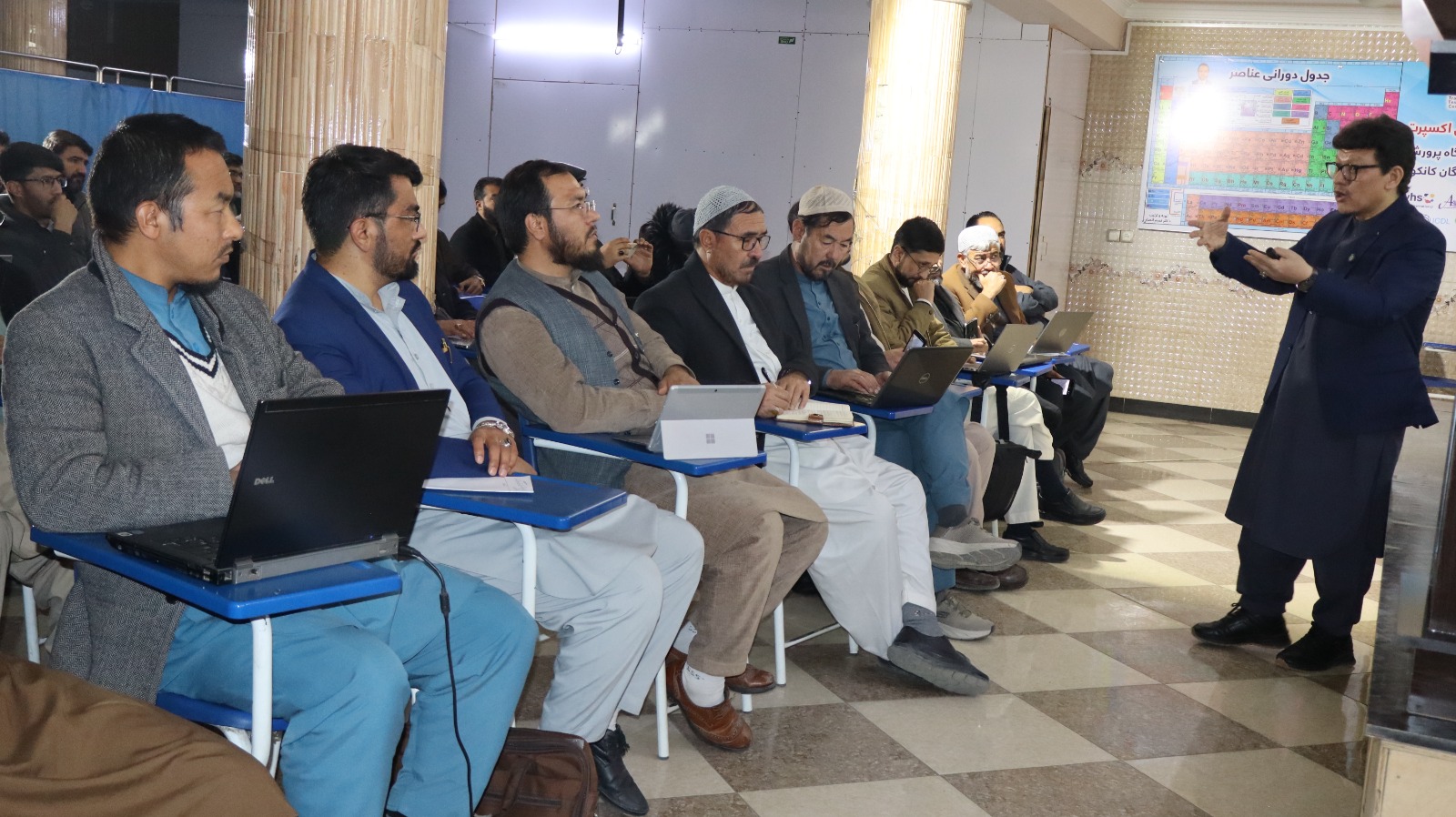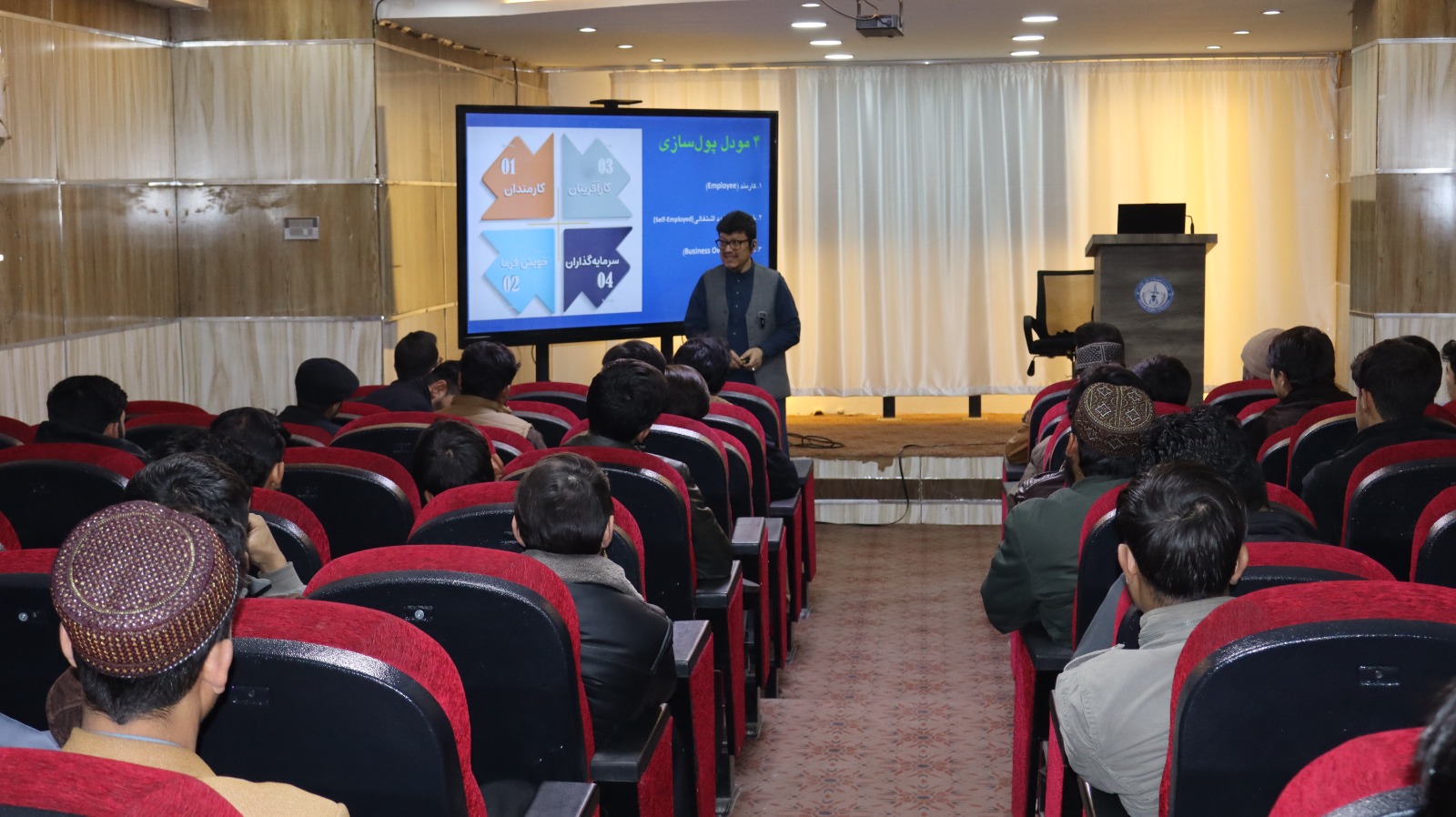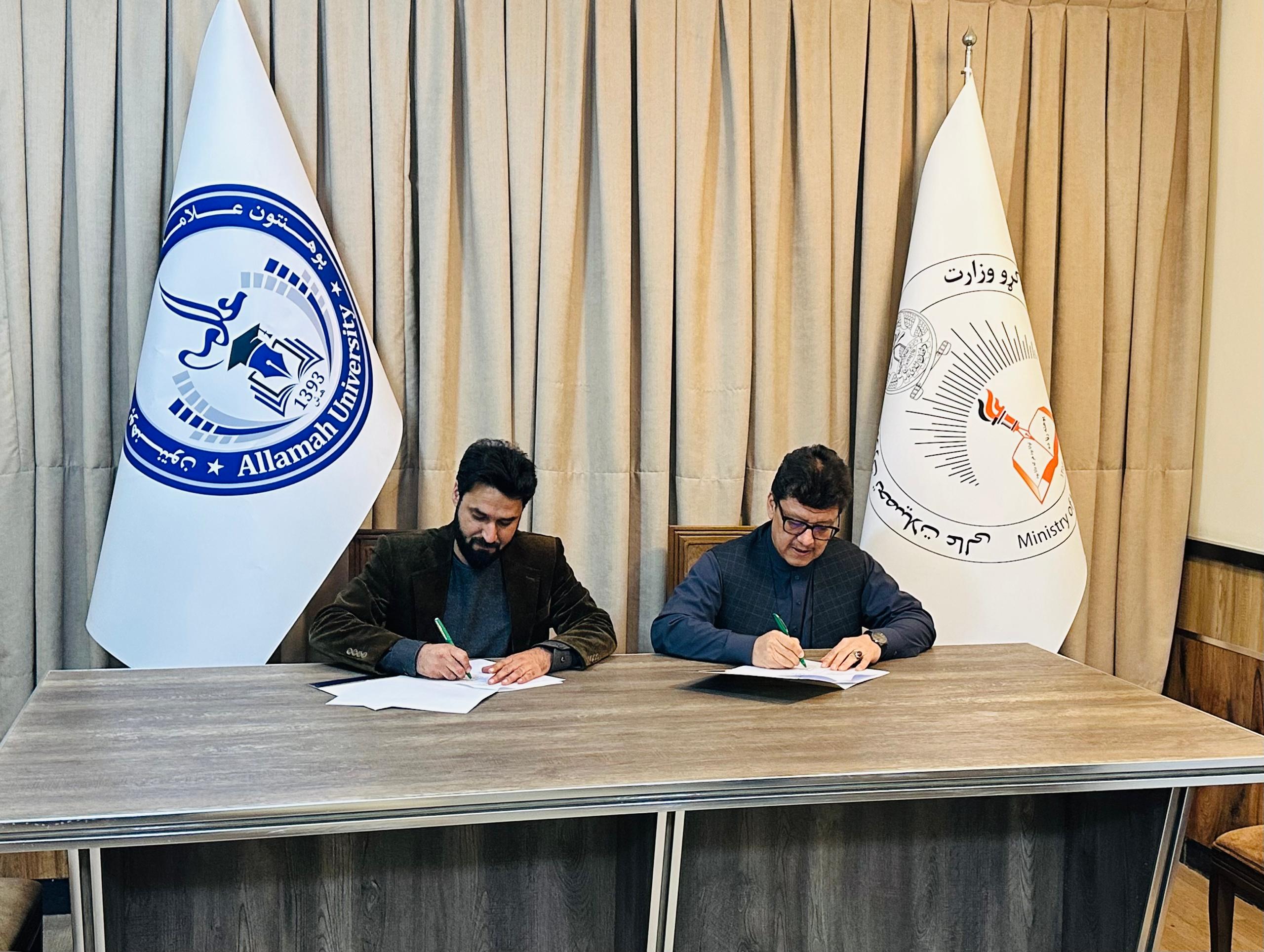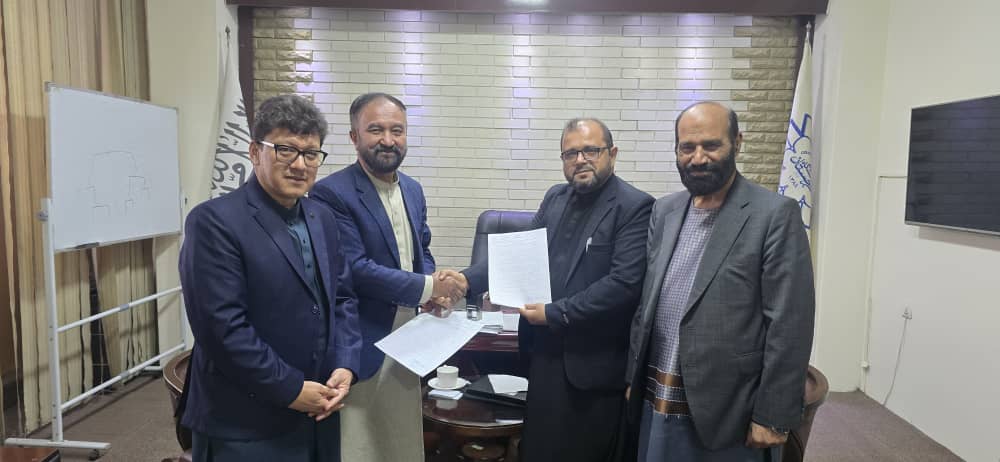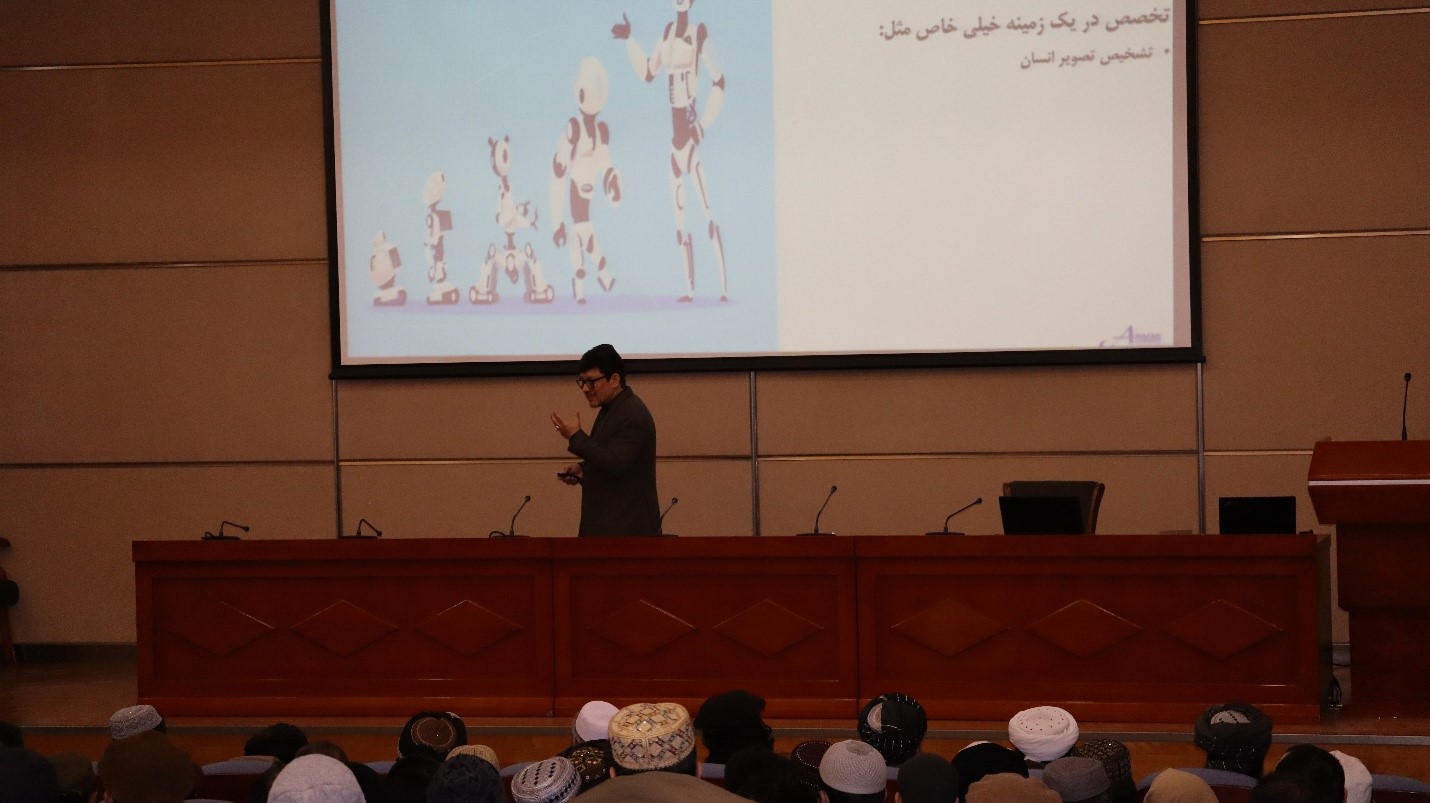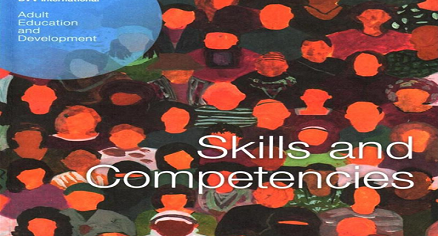
Which skills and competencies do we need to survive in the future?
The newly published journal ‘Adult Education and Development’ (AED 83) of DVV International is dealing with the topic of “skills and competencies”. It tackles the burning issues in the world of skills and competencies, offers different conceptual perspectives and points of view, and provides some examples of best practice of projects from different parts of the world.
Stephen Evans, form Learning and Work Institute United Kingdom in his contribution to AED underlines that ‘learning and skills are central to a prosperous and inclusive development of society. Skills and competences help people to play an active role in their community and society, support their children in their education and development, and are very vital to employment and career opportunities.’
Societies and economies are changing. New ICT skills get more important to access public service and open up new ways of learning, and ways of finding work. More and more jobs require basic levels of literacy and numeracy.
Heribert Hinzen, Prof.(H) Dr. in his article to AED points out that ‘Learning environments, teaching and learning in institutions and social settings are still highly relevant for learning and education.’
It is essential to ensure that people have skills to adapt and respond to change and uncertainty. This also means updating skills as technology moves on, and changing jobs and careers multiple times. Life Long Learning (LLL) and flexibility are the best way to help people adapt to change and make the most of it.
Flexibility and adaptability are vital to our learning and skills system. People learn in a variety of ways: from friends, family and colleagues, in the workplace, at home or in the community, online, and in the classroom. All of this learning, whether it is formal and leads to a qualification or informal and focused on a specific question, is valuable.
Heribert Hinzen, Prof.(H) Dr. further highlights that ‘Learning competencies – which combine the abilities to decide when it is necessary to learn something new, how to learn and where to participate in learning and education processes – are high when individuals have had positive non-formal learning experiences in different institutions and institutionalised learning contexts. These findings highlight the relevance of formal and non-formal learning opportunities, which are so diverse on different continents, in different countries and com- munities. It shows that competencies can be addressed in different ways: knowing how to know, participating in life and work.’
Ulrike Hanemann from UNESCO Institute for Lifelong Learning (UIL) in her contribution to AED 83 underlined that within a lifelong learning framework, literacy and numeracy are viewed as part of a set of basic skills, which are indispensable for full participation in society and form the core of basic education. However, this view also involves major challenges in developing a common understanding of how to approach literacy (and numeracy) as a continuum, as a lifelong and lifewide learning process, and as a task that will cut across all of the education targets of Sustainable Development Goal (SDG) 4 as well as the other 16 SDGs over the next 15 years. The vision of “lifelong literacy” supports integrated and holistic approaches.
You can download the magazine “Adult Education and Development AED 83” on dvv website as bellow:
Imprint © 2016 DVV International Institut für Internationale Zusammenarbeit des Deutschen Fax: de Internet: www.dvv-international.de Facebook: facebook.com/AdEdDevjournal
